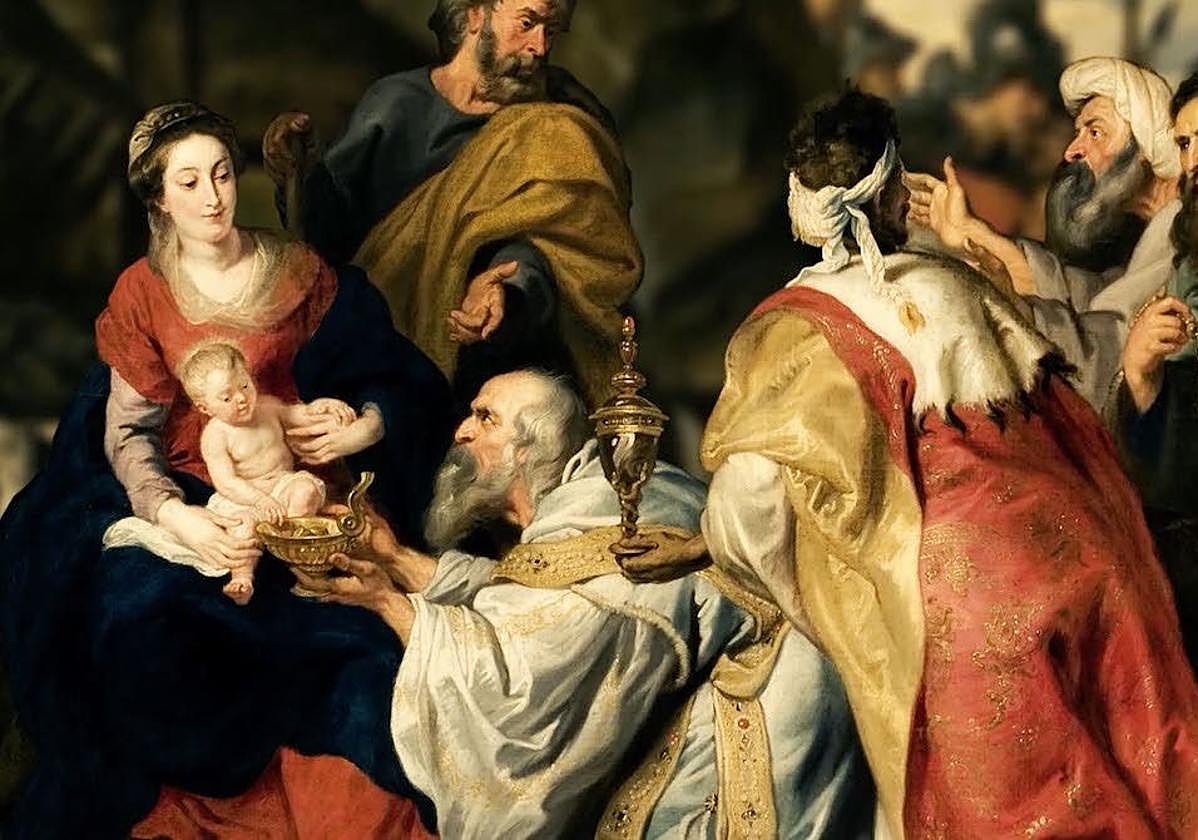We Three Kings
With so many followers xenophobically insisting on their faith being the basis of the West, Marco Polo's account serves as just another reminder that Christianity was not only born in the near East but once looked further in that direction in its foundational stories
Troy Nahumko
Malaga
Friday, 3 January 2025, 13:21
Modern-day Tehran tumbles out of the Elburz mountains like an unspooling roll of chimerical fabric. It starts out fresh and clean but as its ... splendour runs out, it becomes dustier and more frayed at the edges as it loses altitude and peters out on the doorstep of Kavir, the Great Salt Desert. In a question of 30km the metropolis plunges 600m down from the modern, wealthy mountain heights in the north, through the dense smog that perennially chokes the megacity and then fades into the humbler, haphazard developments and villages it has swallowed up along the fringes of the desert.
In one of these towns, now engulfed by the metastasising capital, still stands the ancient caravanserai stop of Rayy. A place where a young Italian named Marco Polo just might have passed through in the 13th century enroute with his destiny with the great Mongol Emperor Kublai Khan.
Further along the Silk Road in Saveh (or Kashan depending on your transliteration), the Genovese youngster encountered a square building housing three sepultures, each boasting an unblemished corpse complete with hipster beards and stylised hair. He asked around but no one was able to tell him who these incorruptible Methuselah were.
It was another three-day journey until he found out that they were three 'kings' who had set out from the East to worship a prophet in Judea. With them they carried the classical bling of the day; gold, frankincense and myrrh. These gifts were in fact chosen to ascertain whether the prophet was a God, an earthly king, or a physician. If he took the gold, then he would be your typical Bourbon or Windsor, that is to say an earthly king. If he fancied the incense he was a god and if he was after the mysterious myrrh he was a healer.
After conferring with Herod, these magi finally found the baby prophet. The youngest went in first and found the child apparently just like himself. The middle one entered next, and like the first, he found the prophet seemingly of his own age. Lastly, the eldest went in and wouldn't you know it, the same happened to him. To clear up this circus trick they agreed to go in together and to their surprise found a baby that was just thirteen days old. Amazed by the miracle, they presented their gifts and, in a truly trinitarian move, the child took all three. In return, the child gave them a small box.
We know curiosity kills cats, and the same might be said for camels. The three kings couldn't wait to get home to open the box and when they finally did, they only found a small stone. In their disappointment, they tossed the stone into a well only to be surprised by a flame bursting up and creating the everlasting light that would become the foundation of another of the monotheistic faiths, Zoroastrianism.
With so many followers xenophobically insisting on their faith being the basis of the West, Polo's account serves as just another reminder that Christianity was not only born in the near East but once looked further in that direction in its foundational stories.
¿Tienes una suscripción? Inicia sesión
